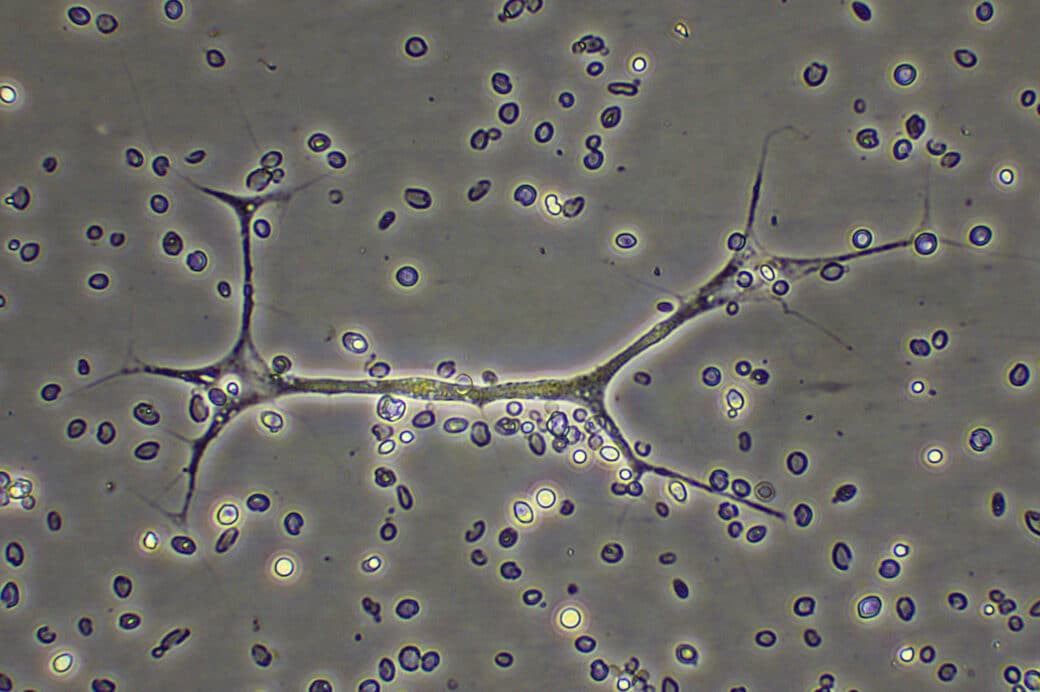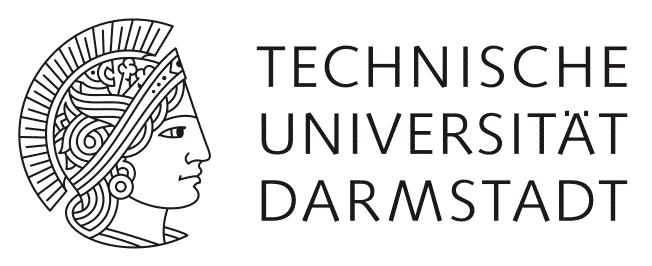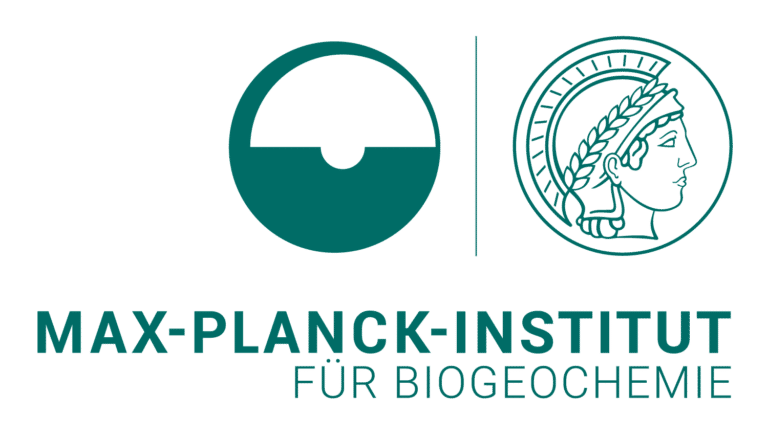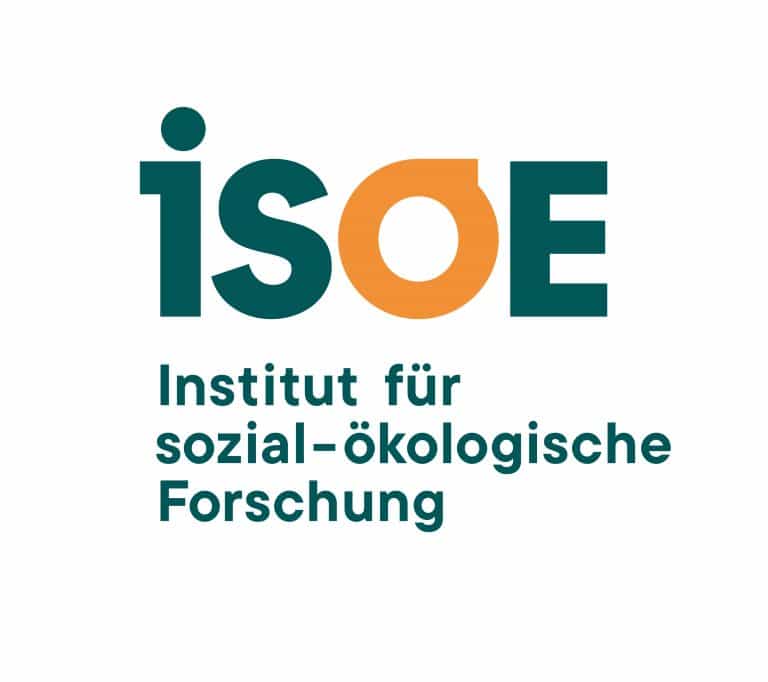Functional traits and ecological preferences of soil‑dwelling vampyrellid amoebae (Vampyrellida, Rhizaria) in a management intensity gradient

Protists are an integral part of the soil microbiota. They play various roles in food webs and react quickly to changes in environmental conditions. They can be detected by environmental sequencing, but for sound predictions of their impact and roles, we need detailed phenotypic and ecological data. The vampyrellid amoebae are a large order of free-living amoebae, which specifically prey on other eukaryotes. They have been detected in soil from the Biodiversity Exploratories in high abundances and diversity, but their actual ecological roles remain unknown.
We will use the existent data and DNA samples from the Biodiversity Exploratories and apply the newest long-read sequencing techniques from PacBio to sequence large parts of the ribosomal operon. The resulting high-quality reads will bring superior phylogenetic resolution and revolutionise the vampyrellid phylogeny and taxonomic framework.
In parallel, we will work on fresh soil samples to extract and characterise new vampyrellid taxa by light microscopy and feeding experiments. Together, these data will result in a much more detailed “eco-taxonomic framework” for the assignment and interpretation of vampyrellid sequence reads, and provide a basis for refining food web models and testing the effect of management intensity on vampyrellid communities.









